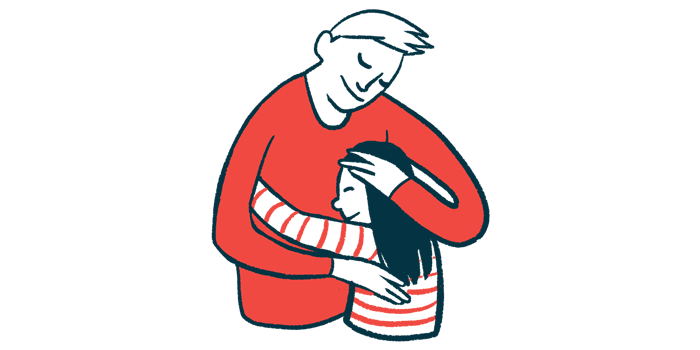Providing Support to Parents May Boost Children’s Quality of Life
Written by |

Children with pulmonary arterial hypertension (PAH) report poorer health-related quality of life (HRQoL) than their peers, a study shows.
Results also suggest that worse HRQoL in children with PAH is linked with more severe depression in their parents, which suggests that providing support to families may help to improve life quality for children with this disease.
The study, “Health-Related Quality of Life and Parental Depression in Children with Pulmonary Arterial Hypertension,” was published in the journal Pediatric Pulmonology.
Living with PAH can take a toll on a person’s quality of life, due to both the direct effects of the illness and because of the stresses and challenges that accompany living with a chronic disease. Research has demonstrated that adults with PAH tend to have poor HRQoL, but how the disease affects life quality in children with PAH — and the consequences of the disease for their families — is less well-studied.
Now, scientists in Turkey conducted a study of 19 children with PAH and their parents to learn more. Among the children, 11 were female, the mean age was 11.4 years, and the median disease duration was six years. For comparison, the study also included 19 children without PAH, a chronic disease and not taking any medication, as well as their parents.
The two groups were similar in terms of age, sex, and ethnicity — most participants were Turks, a few were Kurds, and one in each group was Laz. The researchers noted this study “is the first and only evaluation [of life quality in children with PAH] performed in non-US children.”
The children completed a standardized measure of HRQoL, while their parents underwent standardized assessments of anxiety and depression.
Results showed that children with PAH scored significantly lower than their peers for overall HRQoL. They also had significantly worse scores for many HRQoL subscales, including physical well-being, emotional well-being, self-esteem, family, friends, and everyday functioning.
Parents of children with PAH reported significantly more severe scores for anxiety and depression, compared to parents of children without PAH.
“The results of our study indicate that [anxiety and depression] scores were significantly higher in patients’ parents, and 46% of [PAH] patients’ parents had moderate-severe depression symptoms,” the researchers wrote.
Statistical analyses showed a significant negative correlation between the child’s HRQoL score and the parents’ depression scores. In other words, children with a worse HRQoL tended to have parents who were more severely depressed, and children with more depressed parents generally had poorer HRQoL.
Specifically, worse scores on the emotional well-being and self-esteem domains also associated with more severe depression in parents.
Although it’s impossible to draw solid conclusions about cause-and-effect from these correlational data, this finding suggests that providing mental health support to families might help to improve life quality for children with PAH.
“Families provide emotional, social and physical support to their children. Increased stress in parents can make it difficult for their children to recognize their needs and provide adequate support and accordingly, impairment in HRQoL of children may be observed,” the team wrote.
“We suggest that in order to improve the HRQoL of children with PAH, the distress of their families should be evaluated and supported in clinical practice,” they concluded.




